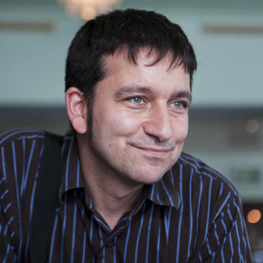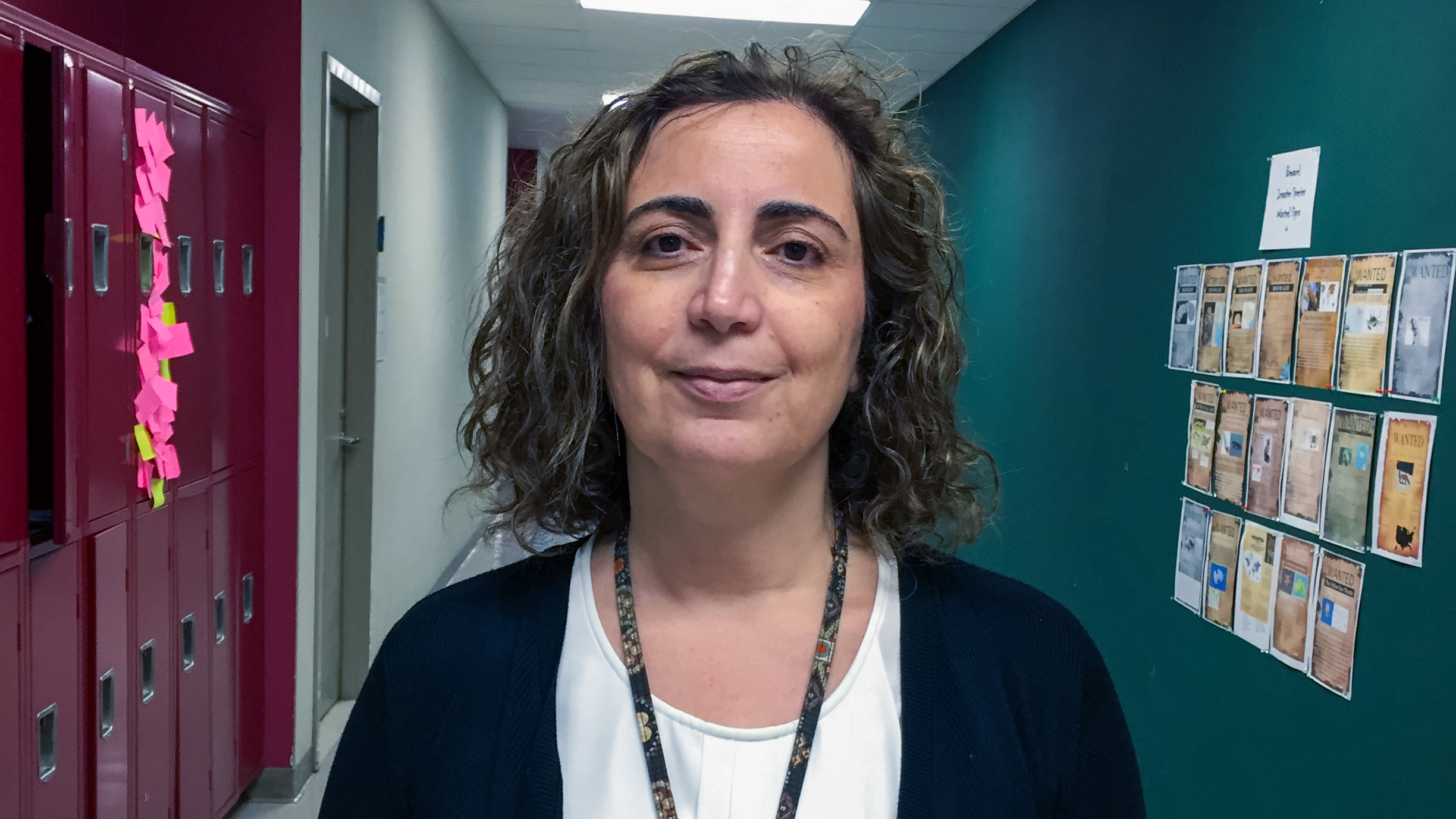Last month, I was scheduled to fly to Berlin to attend a book festival. After lots of discussion, the festival was cancelled a week before it was to take place due to fears about the spread of coronavirus. The dates happened to be just after my grandmother’s first yahrzeit, so I decided to use the non-refundable airfare to travel to Germany anyway to visit with my parents, uncle, and aunt for five days.
Since I moved Ito the U.S. nearly two decades ago, I have not been able to see my parents in person as much as I would like. Over the years it has become harder to meet up. On the one hand, my parents’ health is not what it used to be, so they travel less than before. On my end, having children makes transatlantic flights neither easy nor affordable. So having an opportunity to see my parents for a short visit in mid-March was something I did not want to miss.
A day before my departure from New York, the World Health Organization declared Covid-19 a pandemic. Upon arrival in Berlin, we were informed that President Trump had banned any travel from the European Union starting the next day at midnight. Immediately, these thoughts crossed my mind: What if I could not return as planned? Would I now be separated from my wife and children for weeks or even months? (By the time I arrived in Hamburg, I learned that U.S. citizens and legal residents were exempt from the travel ban and that my flight back would depart as scheduled.)
I hadn’t been in Hamburg in decades, and despite the very rainy weather, my parents and I decided to visit the Emigration Museum BallinStadt together. Think of this museum as the opposite of Ellis Island. At the end of the 19th century, hundreds of thousands of people from all over Europe came to Hamburg on their way to the New World. Albert Ballin, the German Jewish general director of then one of the largest shipping companies in the world, the Hamburg-America Line HAPAG, saw an opportunity. In 1901, he built the Emigration Halls to accommodate the thousands of people who arrived in Hamburg every week seeking to immigrate to North and South America on his company’s ships. Thanks to him, even Jewish dietary laws were observed in some parts of BallinStadt (“Ballin’s City”), allowing those who kept kosher to get meals before the long passage to America.

The museum focuses on the stories of emigrants from Europe—their motivations for leaving, hopes for the future, and also the uncertainty they faced about whether or not they would be able to see their loved ones again. For our family, this place has special meaning because both of my grandfathers departed for Colombia from here in the 1930s. Hamburg is also the port where my mother’s family landed in the 1950s, her parents having decided to return to Germany after the Shoah. While my American friends visit Ellis Island to connect with their roots, this pilgrimage on that rainy, cold, March day felt like our attempt to connect with our family history.
BallinStadt was fairly empty that afternoon. Walking the barracks by myself, I thought about my parents and grandparents, the fact that they had left people behind when resettling in a different environment in pursuit of a better future. I thought about the fact that news often took weeks to travel, and that in some cases, they only learned about the passing of a friend months after the fact. In many ways, we are fortunate to live in a time when we can overcome geographic and emotional distances thanks to technology.
The New York I returned to was not the New York I left less than a week earlier. It was as if the world as I knew it had changed in just a few days. As New York was shutting down, I isolated myself as a preventive measure since I had been in Europe. Then, a week later, I learned that my mother had suffered a stroke.
My sister had actually been on FaceTime with my mother when she realized that something was off. She called me and we decided to have our neighbor, a doctor, check on her. Thanks to this quick intervention a worse outcome was prevented.
A few years ago, when my father suffered a heart attack, my brother and I immediately flew to Germany to help our parents. This time, the borders were closed and even my sister, who lives in Munich, was unable to travel to help my parents since German officials had shut down all travel within the country due to Covid-19.
The first days were particularly hard for my father, who is dependent on my mother to take care of him. In addition, he struggled to come to terms with the fact that he could not visit my mother in the hospital because of social distancing. However, he was not alone thanks to the technology at our fingertips. Since my mother’s stroke, we have spoken every day, had family video conferences, and even sang happy birthday on Zoom together when my mother turned 70 last week in the hospital. Relatives from Colombia, Israel and elsewhere have reached out, and while my mother is steadily recovering, we all have come closer to one another.
My mother’s health scare became an important reminder about how we need each other to survive this pandemic. We are living in a time when we are all in the same situation, when there is no difference if one is across the ocean or around the corner, since we are all stuck inside. Even if we feel isolated, together we can help each other to overcome this challenging situation. We’re not like my grandparents or the other emigrants who left everyone behind at BallinStadt. We may be separated from each other, but we are not alone.







